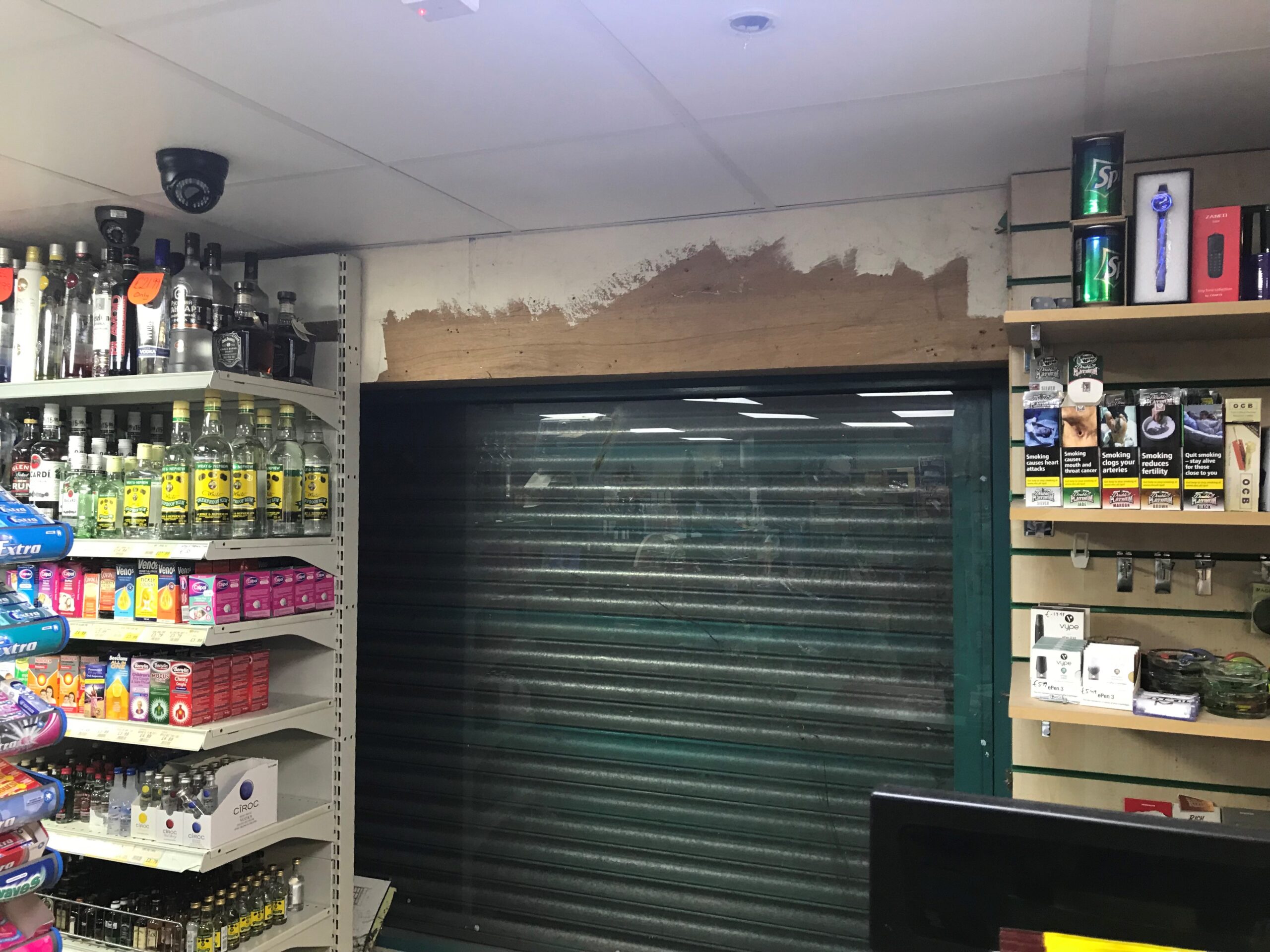Stores selling illegal cigarettes could be slapped with on-the-spot fines, following new proposals set to give Trading Standards more powers.
The news comes after HM Revenue & Customs (HMRC) launched a consultation on 1 December 2020 to consider new sanctions linked to the UK’s tobacco track-and trace system, and to extend HMRC’s traceability enforcement powers to Trading Standards officers.
The consultation ran for 12 weeks and closed on 23 February. JTI’s UK fiscal & regulatory manager, Ian Howell, this week told Retail Express the potential law change would have a huge impact on deterring irresponsible sellers.
“There was a similar consultation back in 2017, but we made a point of explaining how HMRC aren’t the ones who police the high streets,” he said.
“As a result, they are now looking to extend some serious powers to Trading Standards which are quick to implement. This is the first time there has been a measure proposed which could have a real impact.”
In May 2019, HMRC introduced new track-and-trace legislation, meaning businesses involved in the supply of cigarettes and hand rolling tobacco must have an economic operator identifier code (EOID).
Proposals submitted to the consultation involve giving Trading Standards the power to issue instant fines to retailers on the spot for selling tobacco without an EOID.
Trading Standards reviewing illicit tobacco punishments
Howell said the move would remove the need for the case to go to court as retailers would have their right to sell tobacco instantly suspended or revoked.
“There wouldn’t be any need to go to court, and instead the fine would be issued first and foremost at point of offence, which would be very good,” he said.
“There are a number of cases we pick up in the media where it has taken three or four times before the retailer ends up in court. The quicker you can get the bigger penalties, the better.”
In the consultation, it has been suggested fines should be issued to those retailers selling between zero and 100 packs of illegal cigarettes. However, JTI has proposed this number should be reduced. “We have said it should be between zero and 50 packs,” said Howell.
“Tightening the gap will make it easier to put harder penalties down first.” In addition, JTI proposed
the money from criminals’ fines should be reinvested into Trading Standards’ own services. The move comes after a decade in which local authority departments have been hit with cuts.
“Any money that they can use seems like a good idea,” said Howell. “Effectively, criminals would be paying for law enforcement. It makes sense to use the money for something good.”
In future, if measures are considered, it is expected another consultation on them specifically will be carried out in the summer. Subject to the outcome, the government has said it will propose legislation in the Finance Bill 2021-2022.
Howell said he is optimistic for change by the end of the year. “We are getting to a position where we feel like we can really make inroads,” he said.
“Hopefully towards the end of the year we will see some plans being firmly set out, and the good traders out there will really welcome that.”
Despite the progressive steps, Howell reinforced the need for retailers to continue reporting the sale of illicit goods, to ensure Trading Standards is receiving information.
“It’s vital for retailers to keep reporting,” he said. “The enforcement agencies need all the intelligence they can get.” He urged stores to keep chasing if no action is taken after they report. “I don’t think there’s anything wrong with calling every month to chase,” he said.
“They need to look at it selfishly, and realise by doing so they are protecting their business – it’s a no-brainer.”
JTI is continuing to take action against sellers of illegal tobacco by removing their gantry.
“If a retailer has been convicted of an offence, we would look at the relationship we had with them and stop calling on them,” said Howell. “If they had a gantry in place, then we would also remove that.”
The firm has a dedicated team who monitor the press for cases every day. “We check our records, and if we have a relationship with them, we then act accordingly,” said Howell.
He added: “We don’t want our merchandising being associated with a retailer who has been breaking the law. With the unit taken away, they are left with a big hole in there shop and no support from a tobacco company.”



Comments
This article doesn't have any comments yet, be the first!